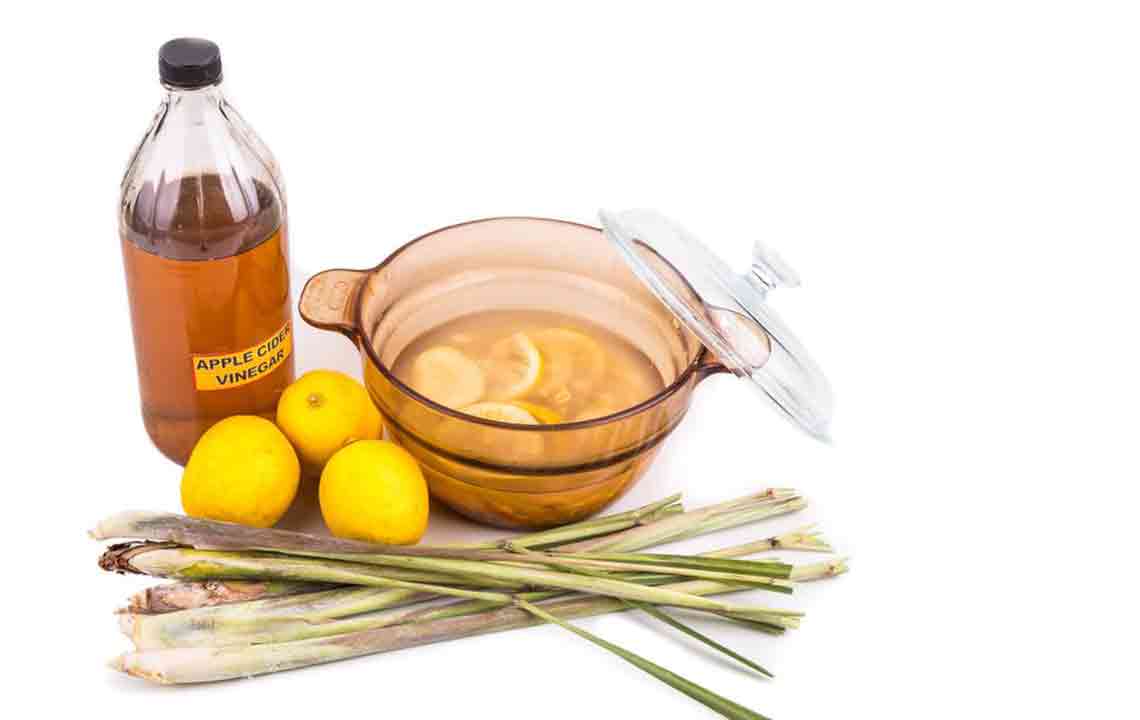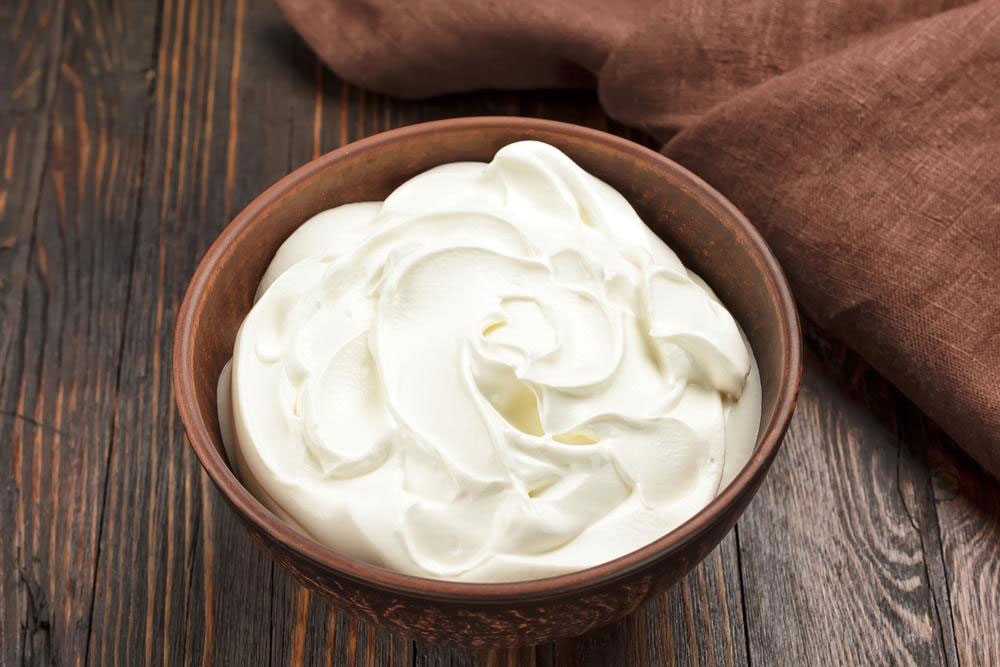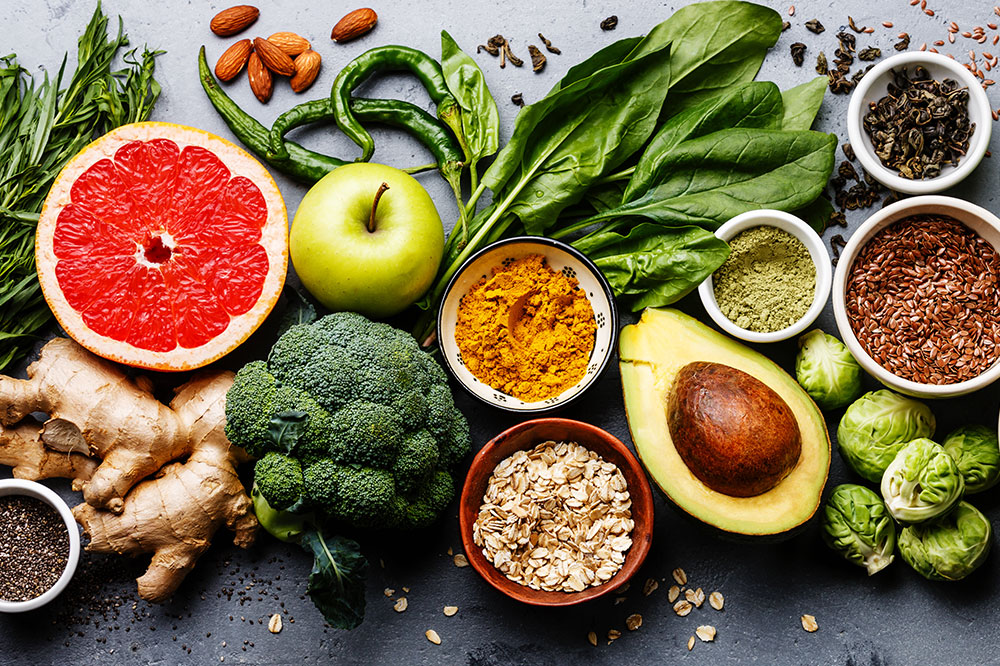Understanding Uric Acid: Causes, Symptoms, and Strategies to Reduce It
This article explains uric acid, its causes, symptoms, and effective ways to manage and lower its levels. Learn about dietary habits, lifestyle changes, and natural remedies to prevent conditions like gout and kidney stones. Understanding uric acid is vital for maintaining joint and kidney health through simple, practical measures.

Uric acid is a chemical compound made up of carbon, nitrogen, hydrogen, and oxygen atoms. Its molecular structure includes six carbon atoms, four hydrogen atoms, four nitrogen atoms, and three oxygen atoms. Normally present in urine, uric acid forms when the body breaks down purines—substances found in many foods. Elevated uric acid levels can indicate kidney issues and may increase during weight-loss treatments like chemotherapy. Foods high in purines include mackerel, dried beans, liver, anchovies, and beer. High blood uric acid, known as hyperuricemia, can lead to kidney stones and gout, a painful form of arthritis.
Symptoms linked to high uric acid levels include joint pain, inflammation, and gout attacks. Conversely, low uric acid levels, or hypouricemia, are rare and often related to conditions like Wilson’s disease, Fanconi syndrome, or low dietary purine intake. Symptoms may include weakness, bone pain, dehydration, and fatigue, although they are less common and usually less severe. Managing uric acid involves lifestyle and dietary changes, such as increasing water consumption, reducing purine-rich foods, and boosting vitamin C intake.
To lower uric acid levels, it’s essential to stay well-hydrated by drinking water, coconut water, or lemon juice. Limiting foods like red meat, yeasted baked goods, mushrooms, and lentils helps reduce purine intake. Consuming foods rich in vitamin C, such as citrus fruits and guava, promotes uric acid excretion. Avoiding alcohol and caffeine is crucial as they hinder uric acid elimination. Incorporating fruits, vegetables, and whole grains supplies fiber, aiding in uric acid removal. Reducing sugar intake, especially from sweetened beverages, can also prevent gout flare-ups. Additionally, apple cider vinegar, with its acetic acid, supports blood circulation and reduces joint inflammation.
Disclaimer:
Our blog provides valuable information across various health topics. While our research offers helpful insights, readers should consult healthcare professionals for personalized advice. We do not guarantee accuracy or inclusion of all possible treatments or offers. Use information here as a guide, not a substitute for medical consultation.










